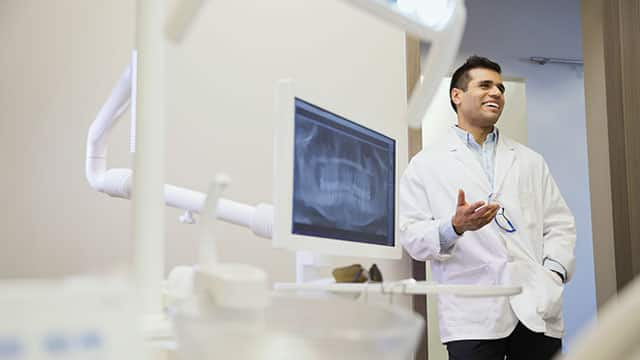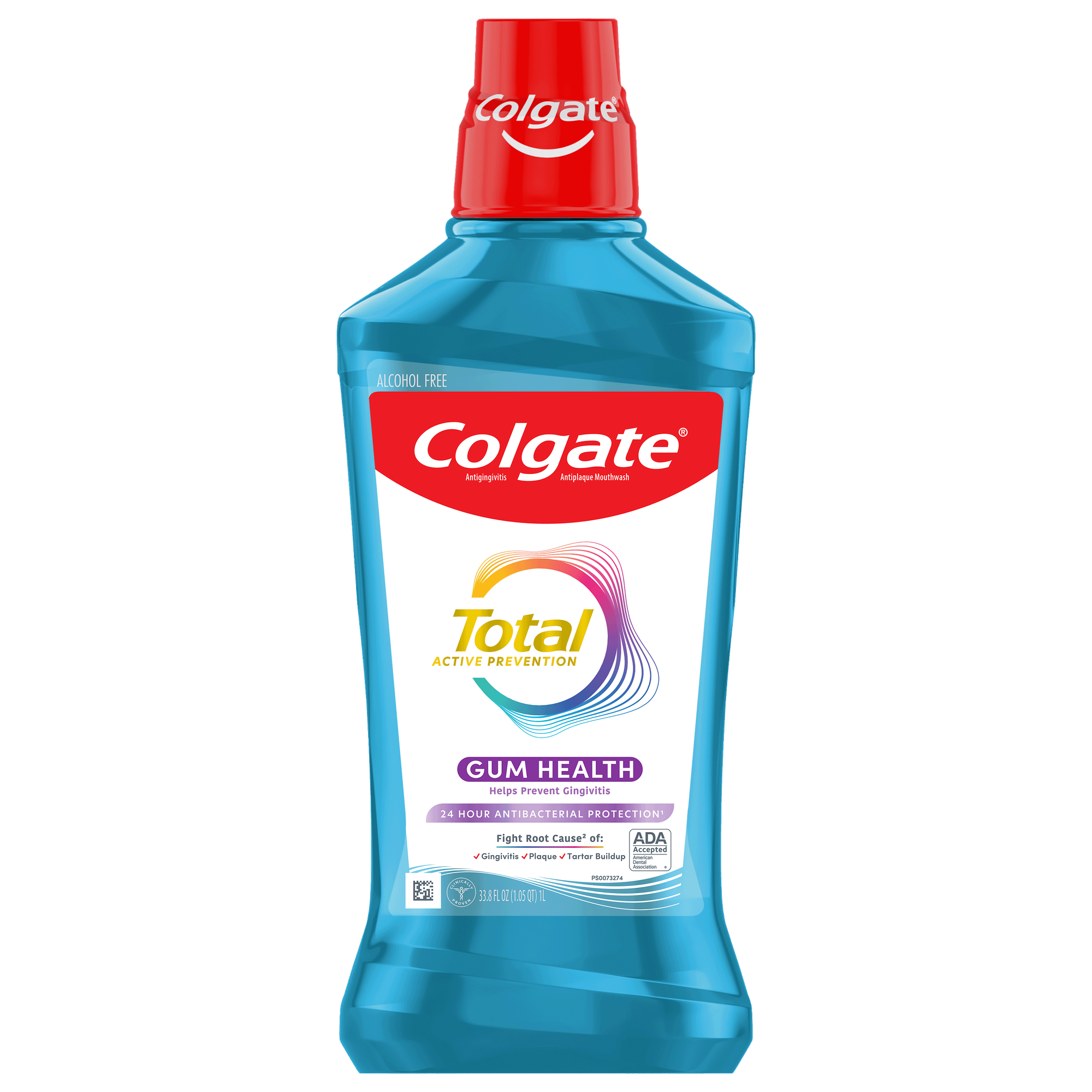Some claim that there's a connection between root canals and breast cancer, as well as other forms of cancer. However, there is no scientific evidence that root canals cause cancer. If your dentist recommends a root canal, it's because they believe that the treatment is the best option for saving your tooth and improving your oral health.
Diving deeper into the myths about root canals and cancer and learning more about some other false root canal claims can help you feel more confident going into the procedure.
Root Canals and Breast Cancer: How the Myth Began
You might have heard claims that a high percentage of breast cancer patients have also had root canals or that they developed a tumor in the same side of their body in which they had a root canal. The American Association of Endodontists (AAE) debunks these myths by pointing out that the statistics don't come from any published study and that there is no evidence to support the claims linking root canals with cancer.
The belief that root canals are linked to breast cancer or other forms of cancer dates back to the early 1900s and stems from something known as the focal infection theory, according to the AAE. The theory claims that bacteria left in the mouth after a root canal can travel to other areas of the body and contribute to the development of cancer and other diseases.
The AAE goes on to explain that multiple studies performed throughout recent decades demonstrate that root canals are safe procedures. Additionally, reviews of focal infection theory studies showed that much of the research didn't involve the use of control groups and other standard requirements of a modern scientific study.
Other Myths About Root Canals
So, what does this all mean? If your dentist recommends a root canal procedure, don't panic. They are recommending the treatment because they believe it is the best option for the health of your tooth and for your overall physical health. Feel free to ask your dentist any questions about what to expect from the treatment and what steps you can take to help you get the best results.
Extractions Are Preferable to Root Canals
You might see claims that it's better to have a tooth removed than to have a root canal. Although there might be times when extracting a tooth is the best option, the AAE states that, in many cases, saving the tooth is the better bet. Extracting a tooth often requires a replacement tooth, which usually requires additional dental visits and an increased cost.
Root Canals Are Painful
Another ongoing myth about root canals is that the procedure is painful. However, the AAE explains that endodontists are experts in pain management and will use modern techniques and anesthetics to make the procedure comfortable. The ultimate goal of a root canal procedure is to end the pain caused by the affected tooth that initially brought you to the endodontist.
Root Canals Cause Alzheimer's Disease
Cancer isn't the only medical problem that's been falsely linked to root canals. The AAE notes that misinterpretations of a very small study led some to claim that root canals could contribute to Alzheimer's disease or even "spread" it from one patient to the next, particularly if an endodontist uses contaminated surgical instruments. According to the AAE, the majority of endodontists use single-use tools when performing root canal procedures. If they don't, they have methods in place to thoroughly sterilize their instruments between uses. In addition, there is no scientific evidence that Alzheimer's disease is contagious or transmittable from person to person.
Oral Care Center articles are reviewed by an oral health medical professional. This information is for educational purposes only. This content is not intended to be a substitute for professional medical advice, diagnosis or treatment. Always seek the advice of your dentist, physician or other qualified healthcare provider.
ORAL HEALTH QUIZ
What's behind your smile?
Take our Oral Health assessment to get the most from your oral care routine
ORAL HEALTH QUIZ
What's behind your smile?
Take our Oral Health assessment to get the most from your oral care routine















